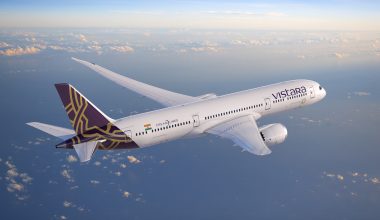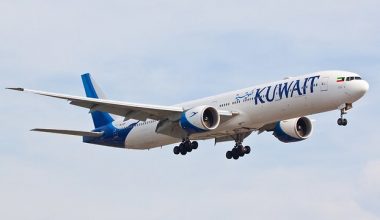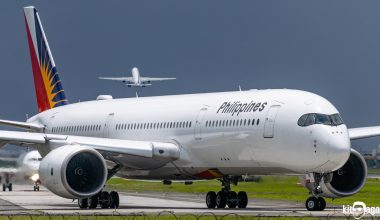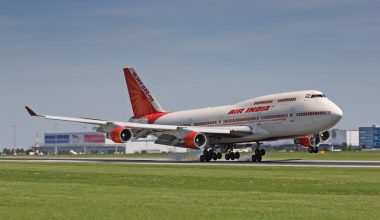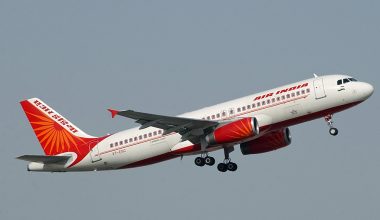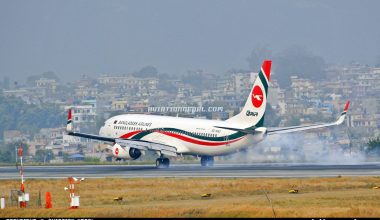Qatar is moving along with its plan to set up its own separate airspace, with a view to split from its recurrent arrangement under which there is a provision for inspection of much of Emirate’s traffic by Bahrain.
With this contentious plan, Qatar sets out to withdraw from the agreement with neighbor Bahrain, in which Qatar had delegated its air navigation services over its sovereign territory. This proposal represents Qatar’s supreme rights, displaying the millions of investments made to establish its own airspace and air navigation developments.
The proposal would rift the Flight Information Region of Bahrain into two sections, where a new boundary of about 90nm would flick between Bahrain and Qatar. Bahrain’s airspace stretches along much of the western Persian Gulf from Kuwait on the north side to UAE on the south side.

Having delegated its airspace management to Bahrain over the years, Qatar never enjoyed full control over its airspace. Although being the smallest Gulf country, Bahrain retains control on most of the significant north-south airways over the Gulf. Existing land and maritime borders play a leading role in the determination of airspace.
A three-year dispute with its Arab neighbors led by Saudi Arabia led to weathering one of the largest airspace blockades in the history of Qatar since 2018. Qatar has been since then endeavoring to develop its own airspace. Bahrain forbade Qatari aircraft to depart from and land at any other routes besides Hamad International Airport. The blockade for airspace was lifted in the early months of 2021, with the resume of full flight operations through the airspace of Bahrain by Qatar Airways.
The proposal to establish its own airspace seeks to benefit the Qatar region by providing safe, efficient, and seamless air navigation services and supporting safe and sustainable air transport operations.
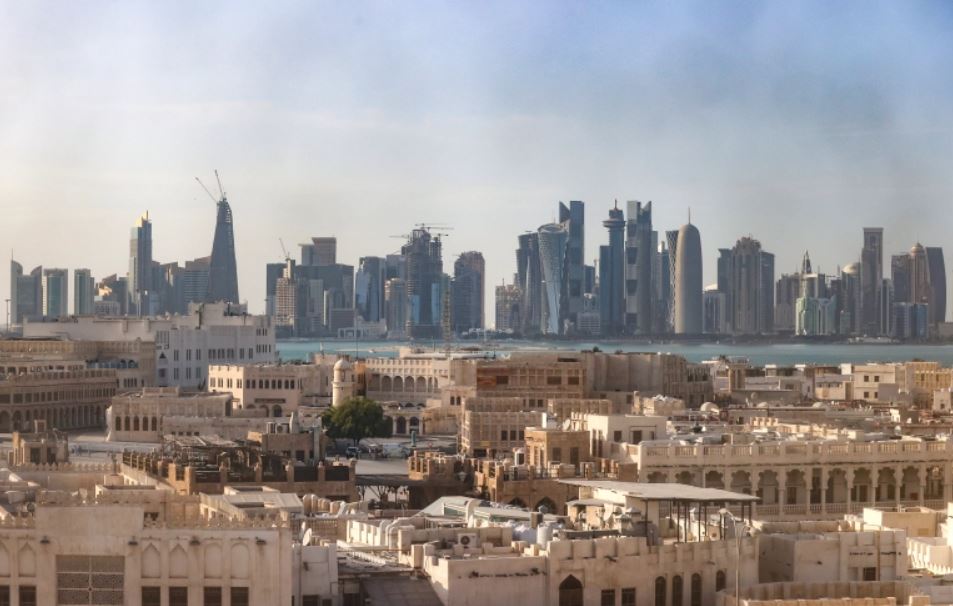
International Civil Aviation Organization Council contested in principle at Qatar’s request to establish new Doha FIR on 13 July. The council had invited both Bahrain and Qatar to discuss technical arrangements regarding further cooperation. After the ICAO Council decision to let establish Qatar establish its own FIR and Search and Rescue Region (SSR), Qatar pointed out that Bahrain has provided safe and efficient air navigation services over all these decade-long delegations of responsibility by Qatar.
As per the ministry of transport, Qatar has begun its cooperation efforts with Bahrain, and findings from the discussions with Bahrain will be revealed at the October-November schedule ICAO council meeting.
ICAO’s decision to Qatar’s request
The UN body, ICAO, gave the preliminary green light to control its own airspace in response to a request from Doha to withdraw from the delegation agreement. Qatar claimed that Flight Information Region boundaries were no longer in the interest of Qatar’s service and that its proposal would make air traffic operations less complex between Qatar and Bahrain as it concerned improving sectorisation for optimizing approaches and departures and redistribution of workload equally.
The proposal was laid out for consensus among the Middle Eastern countries at the regional level. Bahrain, Saudi Arabia, Egypt, and UAE (the four blockade imposing countries), and Yemen. So, it was required to circulate proposals for wider international deliberation in January 2020.
Reasons for not obtaining consensus
Each blockading state presented its own argument for not consenting with the proposal. According to Bahrain, Qatar hadn’t demonstrated the technical or operational justification for the proposal. At the same time, Egypt argued that the Qatari proposal wasn’t proven sound and contradicted the recommendation for swift air traffic flow.
Saudi Arabia came up with the major impact on traffic and heavy air capacity reduction due to the fragmented airspace structure. According to UAE, no operational benefit would be pursued by the proposal, and that it would jeopardize the air operation in the area.

However, Qatar stated the reason behind the proposal; enhancing the safety and boosting economic benefits to the airline industry at the ICAO meeting held in February this year. Although Qatar has resolved the rift with its neighbor, the exact delimitation of future Doha Flight Information Region is yet to be determined as both ICAO and Qatar and Bahrain must work out on the technical aspects of the change.
Qatar is a key player in the airline industry as its flag carrier Qatar Airways is extending its operation over the extensive global air networks. Considered one of the best airlines globally, Qatar Airways will be benefitted from Qatar’s own airspace.

